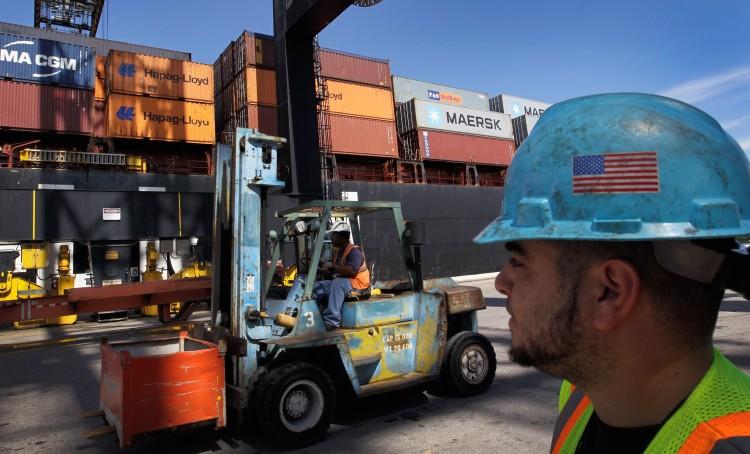Nearly 90 percent of businesses with operations at the Fort Lauderdale port Florida are still experiencing supply chain disruptions owing to the COVID-19 pandemic, according to a business survey by a researcher at Florida Atlantic University.
Results from the inaugural Port Everglades Economic Engine Performance Index show that nearly 90 percent of survey respondents said they’re still experiencing supply chain disruptions, which they attributed to the global pandemic, with 30 percent stating that those disruptions are severe.




